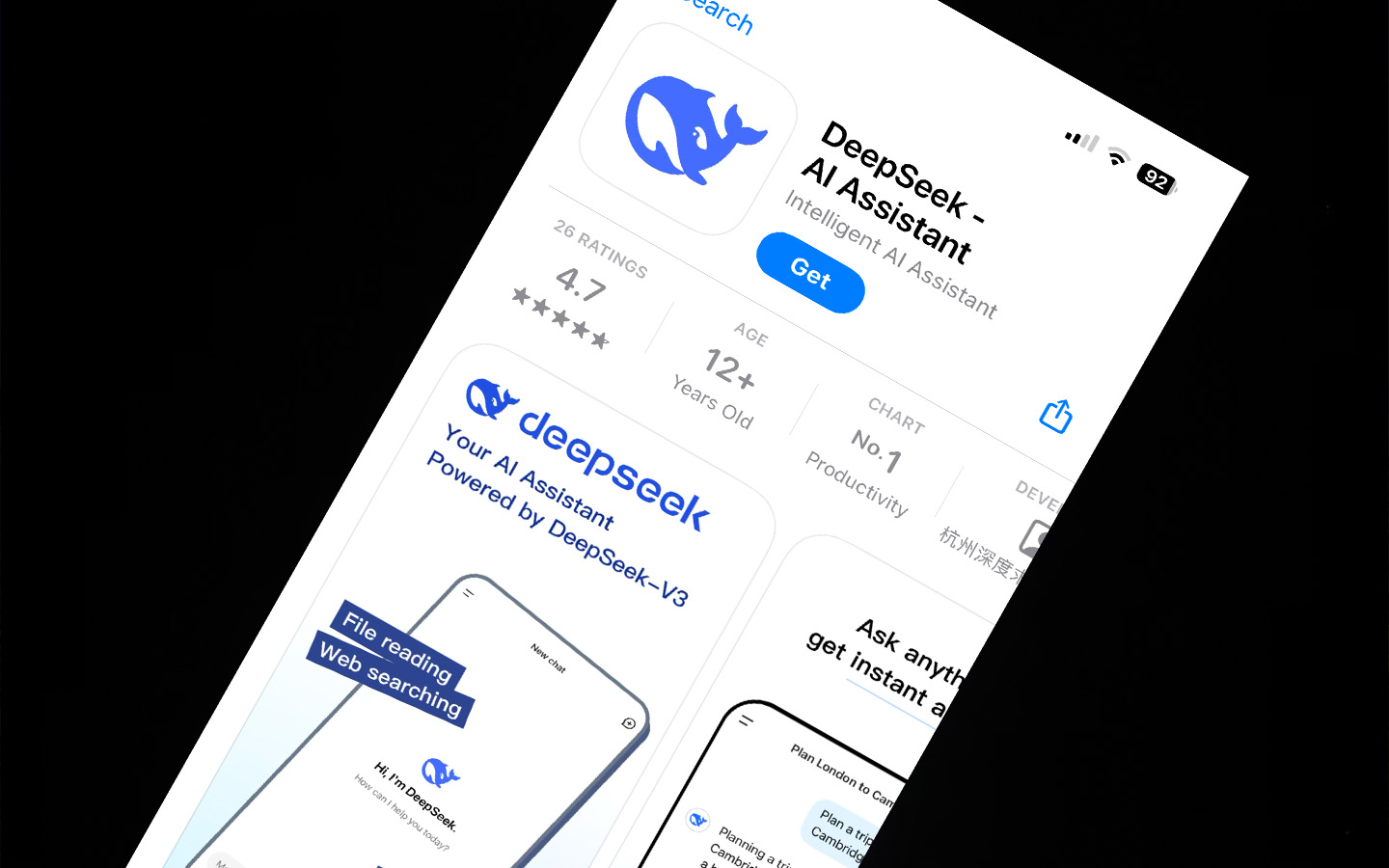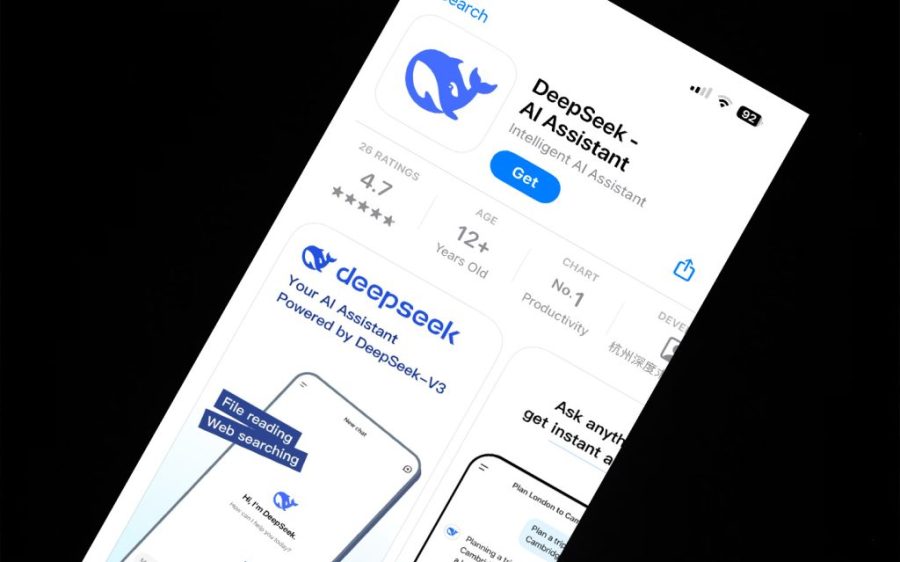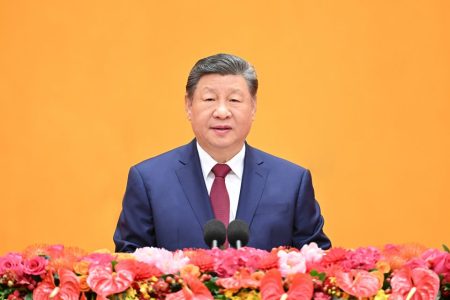DeepSeek, a Chinese AI startup, captured the attention of US investors and Silicon Valley this week with an unexpected breakthrough that experts say could rival some of the world’s most advanced AI models.
The Shenzhen-based company, founded just three years ago, unveiled its new AI model dubbed R1 on 20 January. In recent third-party benchmarks, it reportedly outperformed US-based rivals OpenAI, Meta and Anthropic in math, code and reasoning tasks, according to Yahoo News and Futurism.
DeepSeek’s rise highlights China’s growing ambition to compete with the United States in the AI sector, an industry dominated by brand-name companies like OpenAI, Google and Meta.
Days after DeepSeek’s announcement, Meta CEO Mark Zuckerberg announced plans to invest a record US$60 billion (480 billion patacas) this year, much of it going to AI development.
[See more: Washington’s national security memo on AI could intensify the tech war with China]
Industry insiders also noted that DeepSeek’s homegrown, hedge fund-backed success is built on open-source knowledge. US competitor OpenAI, for comparison, recently shifted to a closed-source operating model. (Meaning, companies like DeepSeek and Meta make their knowledge publicly available to anyone – researchers and hobbyists alike – while OpenAI now makes its information proprietary.)
They also suggested that DeepSeek’s advancements could intensify competition between Chinese and US firms, raising questions about the global balance of power in AI innovation.
Despite trade restrictions, Chinese firms like DeepSeek have found innovative ways to develop cutting-edge technology, while its tech leaders have set out to develop startup ecosystems that can compete with the world’s best.
In a recent South China Morning Post profile, tech pioneer Li Zexiang – the man credited with nurturing drone-maker DJI – said that he hoped to create “multiple Silicon Valleys” across China to kickstart a new wave of innovation.






